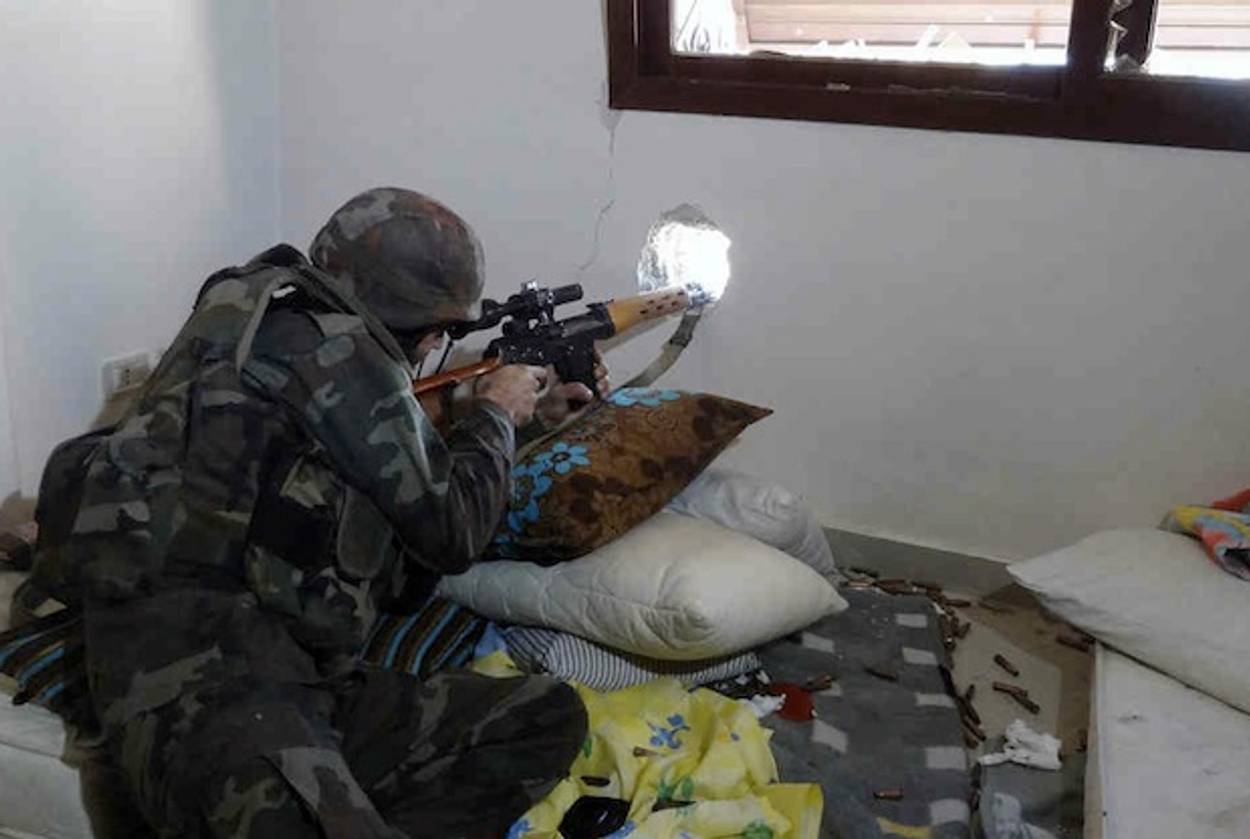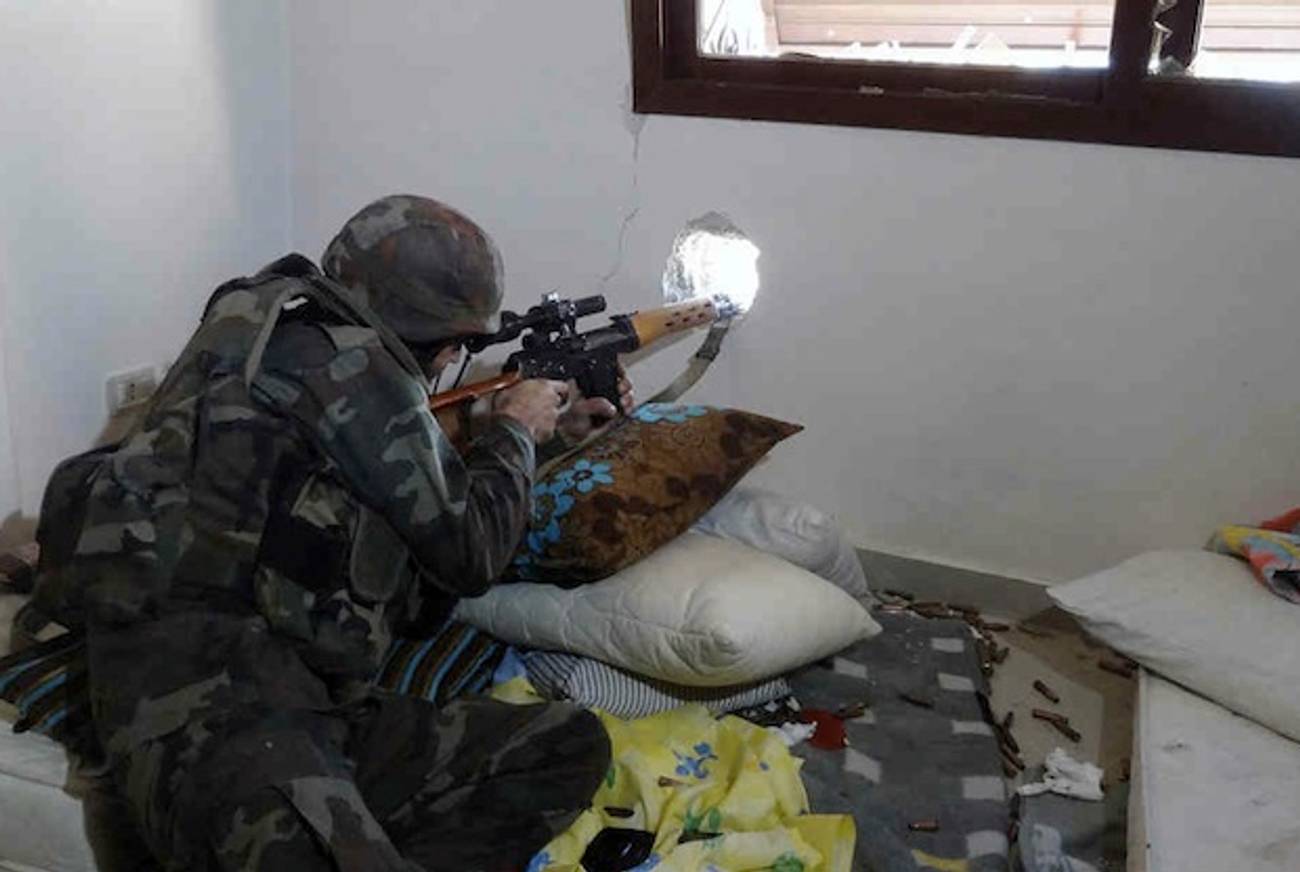Debating the Syrian Muddle
Arms, no-fly zones, interventions, and confusion




Just minutes ago, Senator Amy Klobuchar, a Democrat from the Land of 10,000 Lakes, made one proclamation: The United States should set up a no-fly zone in Syria to protect rebel training camps and provide the rebels with small arms. Perhaps it wasn’t bold, but following a conference call between Deputy National Security Adviser Ben Rhodes and reporters yesterday, in which Rhodes addressed the charges of chemical weapons use by the Assad regime and said the United States would be sending small arms to the rebels, the variegations about the American policy toward Syria were showing today.
There is disagreement among pundits, yes, always, but also among members of President Obama’s own party. The no-fly zone is just one of the variables being debated.
…Rhodes Thursday told reporters that the U.S. is prepared to help the rebels fighting the repressive regime of Syrian President Bashar Assad. But the senior White House aide demurred on whether the U.S. would set up a no-fly zone. “People need to understand that a no-fly zone is not some type of silver bullet,” Rhodes said Friday at the White House briefing.
The discourse about Syria continues to rage as the numbers continue to appall. Over two years, over 93,000 dead, over two million Syrians displaced, multiple instances of chemical weapons use. At Talking Points Memo, Josh Marshall sees the decision to arm the rebels (or any involvement really it seems) as a slippery slope, especially given the evolution of the conflict:
At the beginning, the Syrian rebellion was against Assad’s autocracy. By this point it is not only deeply sectarian in character, the rebels seem to be increasingly radicalized in a Sunni jihadi direction. That’s not good.
Over at Bloomberg, Jeffrey Goldberg sees a certain futility in giving the rebels small arms at this point and counters the idea that not going big on Syria will make America look weak on Iran.
A hesitant Obama on Syria equals a hesitant Obama on Iran, or so the thinking goes. But there are two assumptions built into this analysis that I hadn’t fully considered before. One is that Khamenei — who this week said, for the thousandth or so time, that America should go to hell — wasn’t already intent on bringing his country to the nuclear threshold. No one has explained why Khamenei would halt his quest for nuclear weapons if his allies were defeated in Syria. Couldn’t this instead lead him to think that he’s surrounded and friendless and so needs nukes more than ever?
Meanwhile, the Syrian rebels aren’t the only ones who are disappointed with the measure. Those who’ve made the case for intervention will continue to make the case as the carnage continues. And they won’t be wrong either.
Adam Chandler was previously a staff writer at Tablet. His work has appeared in the New York Times, the Wall Street Journal, the Atlantic, Slate, Esquire, New York, and elsewhere. He tweets @allmychandler.